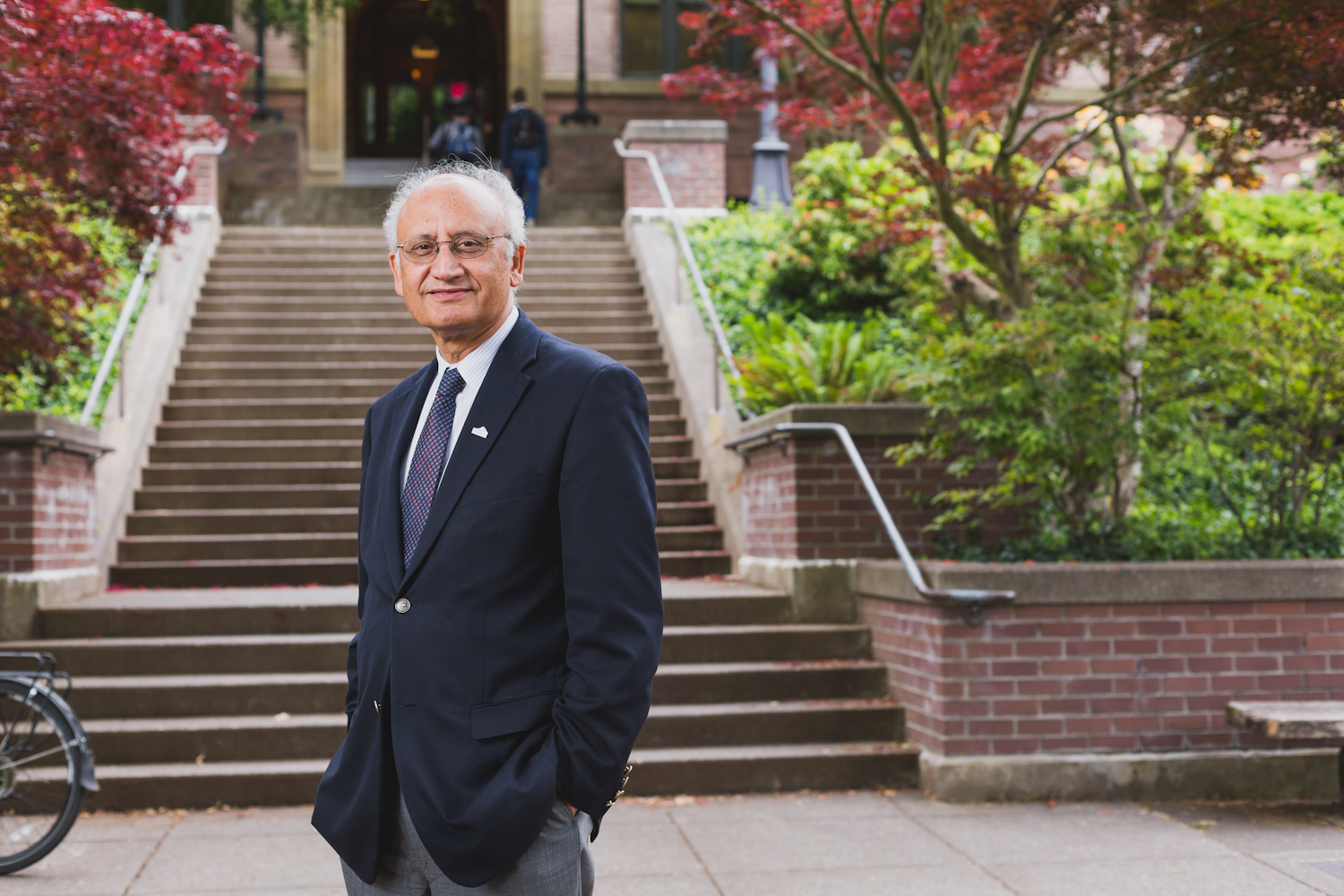This issue of Window magazine is, appropriately, all about finding windows that lead to a new perspective. From a life-changing study abroad experience in Ecuador and the Galápagos, to student-centered research that created solar power-producing windows, and finding one’s authentic self reflected in youth literature, we explore how pushing beyond our comfort zones can enhance our outlooks.
On a recent study abroad experience in Ecuador and the Galápagos, 21 students in Western’s Honors College, a mix of science and humanities students, barely knew each other at the start of the trip. But by the end, they had bonded over snakes, a friendship with an amazing bus driver, soccer matches in the jungle, and tarantulas the size of dinner plates.
The Honors Ecuador program is distinctive for its interdisciplinary structure with two faculty members who teach two very different topics. Senior Instructor Amy Carbajal from Modern & Classical Languages teaches the language, humanities, and cultural immersion half of the course, while Honors College Director and Geology Professor Scott Linneman teaches the geology of the region.
We’ve all heard that learning how to interact with people from other countries and cultures enables future leaders in all sectors to address urgent issues shared across borders. But despite the increasing global competition for jobs, many American graduates still lack the international experience, language capabilities and cross-cultural communication skills necessary to succeed in a global economy.
According to the National Association of International Educators, less than 10 percent of U.S. college graduates had a study abroad experience at some point in their academic career. Teaching students to appreciate difference and diversity firsthand and helping them recognize—and then dismiss—stereotypes they may have held about people they had never met are among the most important things that a well-rounded liberal arts education can offer.
Study abroad shouldn’t be a separate or tangential part of education, but rather, like the Honors Ecuador program, an integrated part of the curriculum, incorporating proper cross-cultural preparation and supportive reintegration to help students understand and internalize what they learn.
By 2025, WWU’s strategic plan calls for 95 percent of students to graduate with high-impact experiences, including undergraduate research, global learning, community-based learning, internships and capstone courses and projects. We’re well on our way with 85% of graduates having had high-impact experiences in the 2019-20 academic year. But we need to create more flexible and accessible options to remove barriers posed by financial need, disabilities, race and ethnicity, and sexual orientation. Every parent, teacher, professor, adviser and employer should support making international experience an essential and affordable component of a fully developed education.
